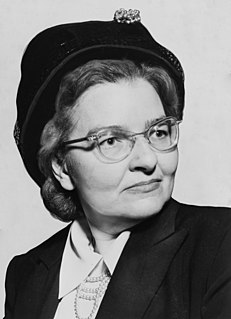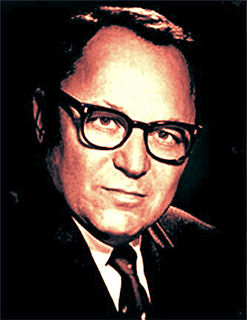A Quote by Ezra Furman
Jews like to write and sing. In America, a lot of us have been eager to show that we're part of American culture. But it all goes back to King David writing Psalms.
Related Quotes
The reason I wouldn't dare to write a Western is simply because that seems to be so much a part of American culture. Maybe if I want to write a Western enough I should try to overcome that fear, but I'll certainly feel like I'm trespassing. I feel that that is so much a part of American foundation myth, it's part of the myth of America, the American vision of what America is, which people have glorified and then challenged and then vilified.
There was a f**king review in f**king Melody Maker [of the first BOSSANOVA single, 'Velouria'] - 'Sounds like someone's been taking singing lessons'. Like, motherf**king A! I am the singer. Who do sing SONGS. It's like I never sang before; like I was - I don't know - reading PROSE on my previous records and now I sing. EXCUUUUUUSE me for singing
I don't really identify with America, I don't really feel like an American or part of the American experience, and I don't really feel like a member of the human race, to tell you the truth. I know I am, but I really don't. All the definitions are there, but I don't really feel a part of it. I think I have found a detached point of view, an ideal emotional detachment from the American experience and culture and the human experience and culture and human choices.
I need to have one foot inside and one foot outside a culture to be able to write about it. For example, I couldn't write about the gay culture if I were wholly inside or outside of it. Finding that distance is always interesting. I jokingly say that when I'm in America, I write about Beirut, and when I'm in Beirut, I write about America. A lot of my friends in Beirut think I'm more American than Lebanese. Here, my friends think of me more as Lebanese.
It has been estimated that of the world Jew population of approximately fifteen millions, no fewer than five million are in the United States. Twenty-five percent of the inhabitants of New York are Jews. During the Great War we bought off this huge American Jewish public by the promise of the Jewish National Home in Palestine, held by Ludendorff to be the master stroke of Allied propaganda as it enabled us not only to appeal to Jews in America but to Jews in Germany as well.
A culture-bearing book, like a mule, bears the culture on its back. No one should sit down to write one deliberately. Culture-bearing books appear almost accidentally, like a sudden surge in the stock market. There are books of high quality that are a part of the culture, but that is not the same. They are a part of it. They aren't carrying it anywhere. They may talk about insanity sympathetically, for example, because that's the standard cultural attitude. But they don't carry any suggestion that insanity might be something other than sickness or degeneracy.
I've been in America for almost ten years. I've had many parts of the American experience. I've been all over this country and seen many different parts of it. It's just that I'm not an American. I've never become an American. I'm talking about the whole thing-psychologically, citizenship, the whole trip. Of course I've definitely been influenced by America-I'm definitely influenced by the music and the culture.
In my view, immigrants today aren't any different from immigrants who have come to America throughout our nation's history. They bring new ideas, an entrepreneurial spirit and close family ties. They place a high value on education. And they are eager to achieve the American Dream. ... It's to our benefit to keep our doors open, and to keep enriching our economy and culture. I'd like to see America continue to do so.




































